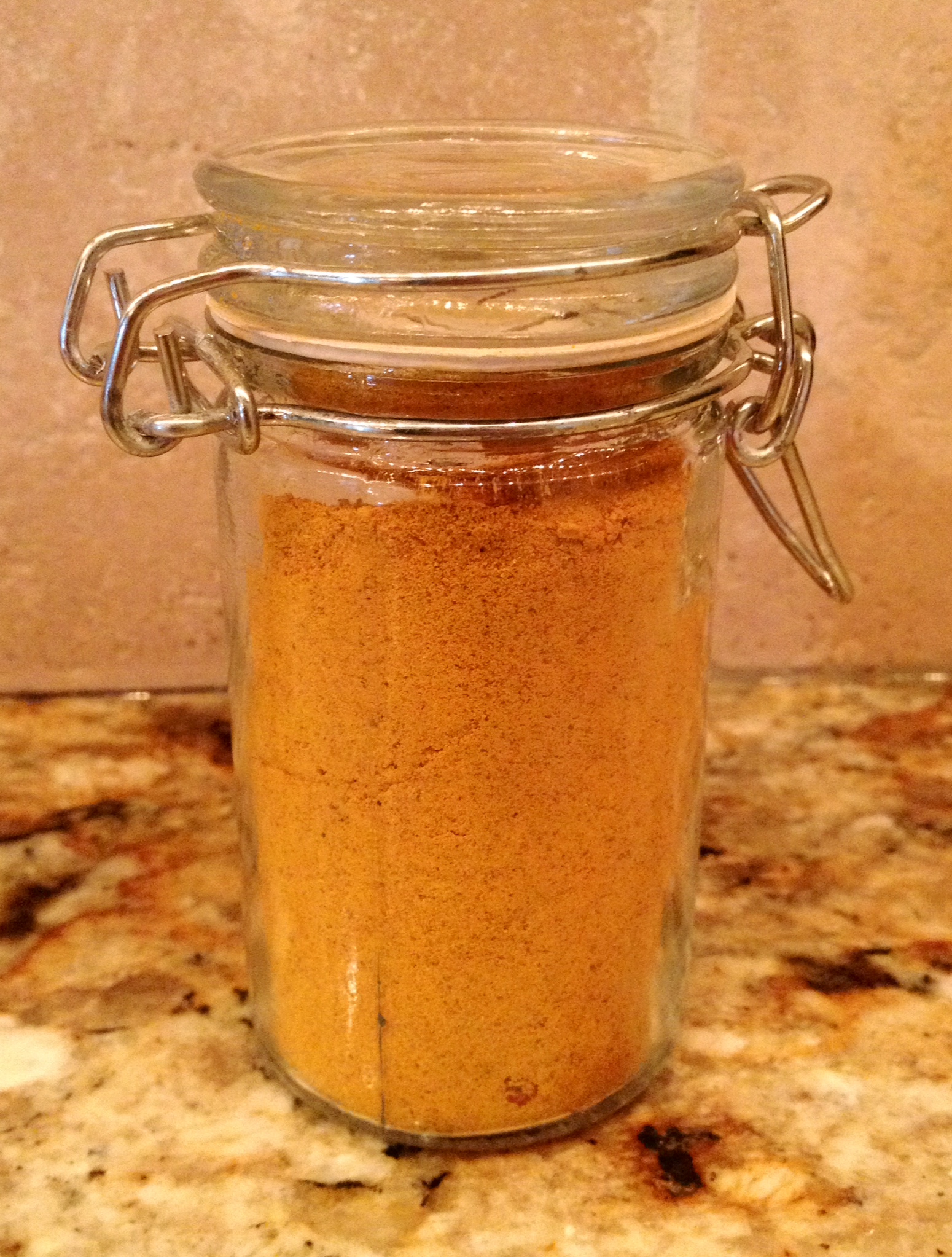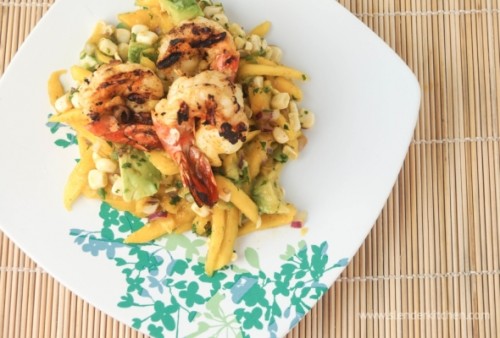This post contains affiliate links. Please see our disclosure policy.
When my lovely friend returned from a trip to Istanbul, she brought me one of the best souvenirs ever. Nope, not a magnet…ground turmeric! She handed me this little jar of yellowish colored spice and said, “Here is the real thing!” Seriously, I was excited! Turmeric is a culinary spice common in Asian cuisine and curries, but you might know it best for giving American mustard its bright yellow color. That yellow color actually comes from a powerful antioxidant inside the plant called curcumin. Turmeric has a long history of use in herbal remedies in China, India, and Indonesia, and many studies have been done on turmeric and curcumin’s health benefits. Unfortunately, a squeeze of yellow mustard on your ballpark hotdog isn’t going to do the trick. To reap this healthy spice’s benefits, make space between the cinnamon and the oregano and add turmeric to your spice collection!

Health Benefits
1) Anti-Inflammatory
If you know anything about turmeric already, “anti-inflammatory” is likely the buzzword you’ve heard. The spice has long been touted as one of nature’s best inflammation fighting foods. In a study of rheumatoid arthritis patients, the patients found improvements in morning stiffness, walking time, and joint swelling after two of weeks of curcumin supplementation, the active ingredient in turmeric. These results were comparable to those patients who took phenylbutazone, a non-steroidal anti-inflammatory drug, for two weeks.
2) Cancer Prevention
Several animal and laboratory studies have found that curcumin demonstrated anti-cancer effects in the lab. In the studies, different types of cancer cells were inhibited by curcumin, and curcumin slowed the growth and spread of some cancers. The American Cancer Society notes that clinical trials are underway to find out if it can help humans as well.
3) Liver and Digestive Health
Turmeric has been used in Chinese and Ayurvedic medicine to treat digestion and liver disorders for centuries. Curcumin stimulates production of bile in the gallbladder. Bile is used by our liver to eliminate toxins and helps rejuvenates liver cells that break down harmful compounds. This bile in our gallbladder may also help improve digestion. Turmeric root is actually on the Commission E (Germany’s regulatory agency for herbs) list of approved herbs used for dyspepsia (upset stomach) according to the American Cancer Society.
Related: What Is The Best Digestive Health Product For You?
4) Healthy Heart
In a University of Maryland Medical Center review on turmeric, early studies suggest that the spice may help prevent atherosclerosis, the buildup of plaque that can block arteries and lead to a heart attack or stroke. In animal studies, an extract of turmeric lowered cholesterol levels and kept LDL “bad” cholesterol from building up in blood vessels.
5) Potential Alzheimer’s Aid
India’s low incidence of Alzheimer’s (less than one-quarter of that of the United States’ rate among people aged 70 to 79) may be related to a particular intake of specific foods. That particular intake of food? Curry. And what do we know about curry? Ding ding ding—turmeric is a main ingredient! While animal studies have found that curcumin has decreased inflammation and oxidative damage which are associated with Alzheimer’s disease, larger controlled studies need to be done for humans according to the Linus Pauling Institute.

Related: 5 Forbidden Foods That Are Making A Comeback
How To Get Turmeric Into Your Diet
1) Tea Time
Yes, the spice that goes in curry doesn’t sound like the perfect tea pairing, but give it a sip before you say nay. You can buy tea bags that contain turmeric or make your own using the spice.
Try Dr. Andrew Weil’s turmeric tea recipe:
1) Bring four cups of water to a boil.
2) Add one teaspoon of ground turmeric and reduce to a simmer for 10 minutes.
3) Strain the turmeric water through a fine sieve into a cup, add honey, lemon, and/or ginger to taste.
2) Take A Supplement
Turmeric and curcumin supplements are widely available. I personally take Curcumax Pro supplements every day as a recommendation from a homeopath. It helps to reduce inflammation in my low back and easier on the stomach than ibuprofen.
3) Spice Up Your Food
Turmeric has a warm, bitter taste and a mild fragrance reminiscent of orange and ginger. A super easy way to eat the spice is to add it to boiling water when you’re cooking pasta, rice, and soup! You can also add turmeric to everything from scrambled eggs to roasted veggies to meat.
Here are three recipes with turmeric that I love!
Turmeric Grilled Chicken: Chicken is low fat and full of protein, but honestly, can get a little boring night after night. The turmeric in this recipe ads a burst of Thai flavor and brings a nice (and delicious!) change of pace to our dinner table!

Spicy Peanut Dip: This is one of my favorite appetizers of all time! I bring it to parties and people literally can’t stop eating it and always ask for the recipe. Fresh cut veggies like red peppers, carrots, and celery make the best dippers.
Indian Spiced Shrimp Mango Salad: I don’t make Indian food often, but this salad is so easy! The turmeric spice combination adds just a bit of heat and touch of smokiness to the delicious grilled shrimp. If you’re not a huge shrimp fan, you can just substitute it for chicken breasts or thighs.
Now that you know turmeric has more to offer than great curries and yellow mustards, are you going to add it to your diet?





Bile is not made in the gall bladder. The gall bladder only stores it. It is produced in the liver.
Use liberally in your cooking to enjoy the health benefits of turmeric. Combine it with other spices like cumin, coriander, garam masala
Indian food is not complete without Turmeric